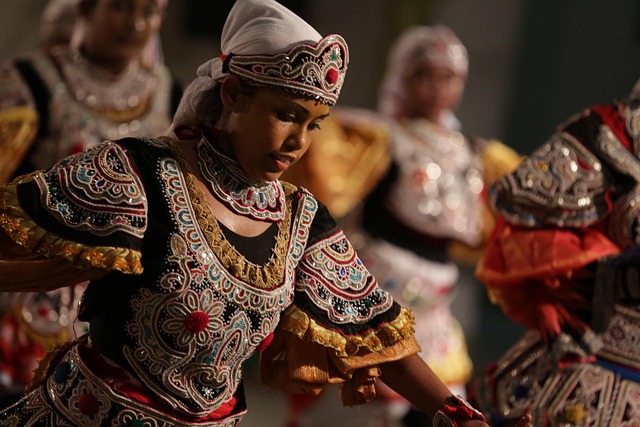Weeks after Sri Lanka’s first casino opened, lawmakers have approved legislation to form a gaming regulatory agency. But a researcher says the bill needs a major overhaul to “get it right”.
Sri Lanka, which just welcomed its first integrated casino resort, has approved a bill to form a Gambling Regularisation Authority (GRA) in the island nation.
But an economist at think tank Advocata says passing the current legislation “risks a major gamble, increasing both corruption risks and rent-seeking vulnerabilities”.
In a Monday commentary in the Daily Financial Times, research consultant Sudaraka Ariyaratne said the GRA as it stands lacks the autonomy to provide proper oversight.
While the bill is “a welcome move”, he wrote, “its many deficiencies make it unlikely to position Sri Lanka as a competitive regional player. Instead, it risks creating an ineffective regulator, mirroring Cambodia’s struggling, poorly regulated gaming industry”.
For one thing, he observed, the bill “targets mostly casinos, exempting lotteries and largely ignoring the growing [iGaming] betting sector” in a way that seems “intentional”.
He added that the current version grants far too much power to the Ministry of Finance, which can appoint board members and directors general, make regulations, issue binding directives and control funding. The bill “won’t even give a perception of integrity”, warned Ariyaratne, “if the Minister of Finance can basically do whatever he or she wants”.
Melco casino opened 2 August
In February, Sri Lanka cabinet members approved the initial draft bill to establish a regulator in the island nation. The bill then went to Parliament for review.
According to an April post in the Government Gazette, the authority would “function as the sole independent regulator with a broad and overarching scope on operations” in Sri Lanka. That covered online and off‑shore gambling including sports betting, ship-based gambling and land-based operations.
The land-based sector is now limited to a single integrated resort (IR), City of Dreams Sri Lanka in Colombo Port City. In October, Melco Resorts & Entertainment opened Phase 1 of the $1.2 billion (£901 million/€1 billion) IR complex. Phase 2, which includes Sri Lanka’s first casino, opened on 2 August.
Melco, which holds a 20-year gaming licence, is targeting a cross-section of global VIPs from India, China, Southeast Asia and the Middle East.
‘Get it right now’
Ariyaratne argued that the investment of global players like Melco “signals not only industry growth but also that Sri Lanka is business-friendly”.
But in its 2024 annual report, Melco expressed concerns about the regulatory landscape in Sri Lanka. “Although we have obtained the Sri Lanka licence, there is considerable uncertainty about how the legal and regulatory environment may change,” said the report.
“Without clear regulation”, wrote Ariyaratne, “new international investors are unlikely to enter soon.”
He called for a “truly independent, incorruptible regulatory body” that gives the constitutional council a say in board composition, appoints the director general through a competitive process, has “more independent rules-making power” and is funded through licence and regulation fees, not budgetary allocations.
The GRA also must oversee “the many international online betting platforms frequented by local patrons, including online prediction markets for sports and elections”.
“As this is Sri Lanka’s first attempt at gaming regulation,” he wrote, “it is far easier to get it right now than to amend entrenched laws later, when vested interests will have multiplied.”
The bill goes to parliament for a second reading on Tuesday.



